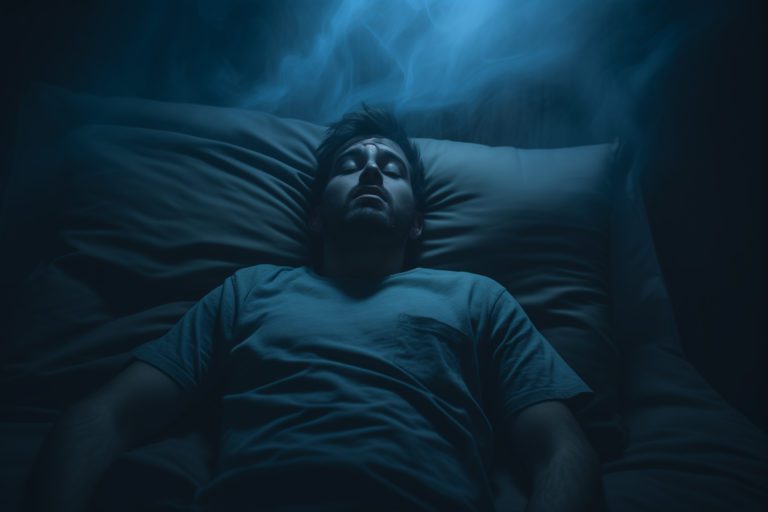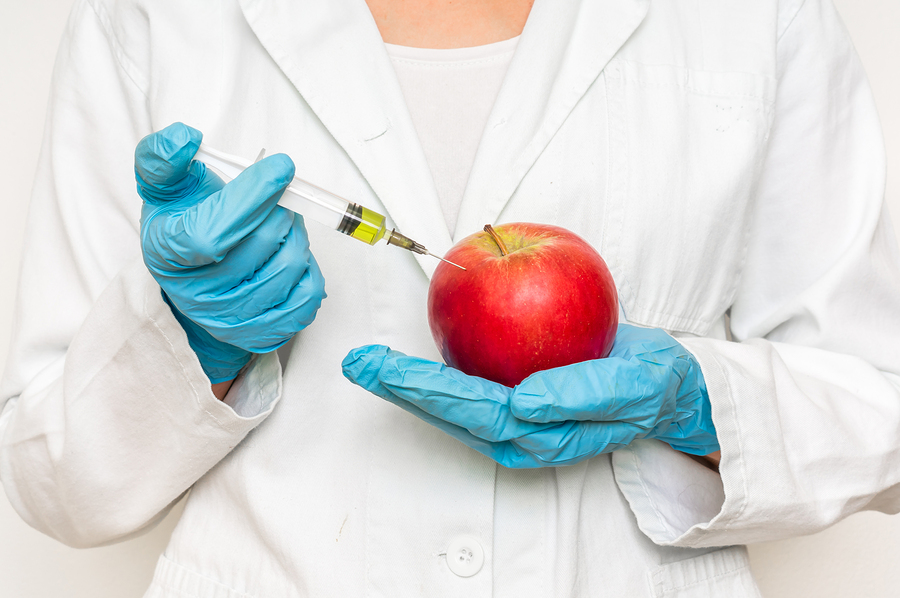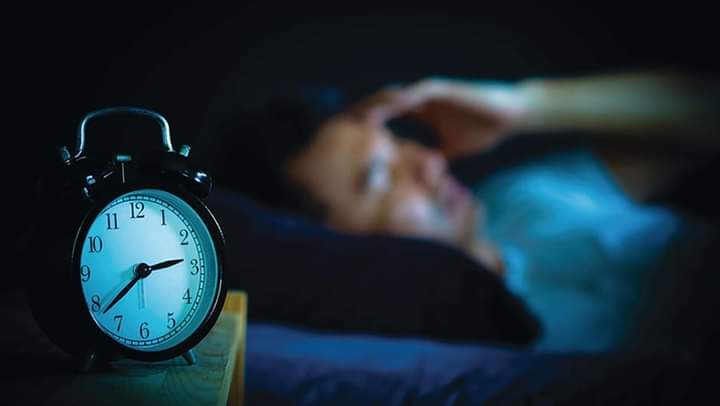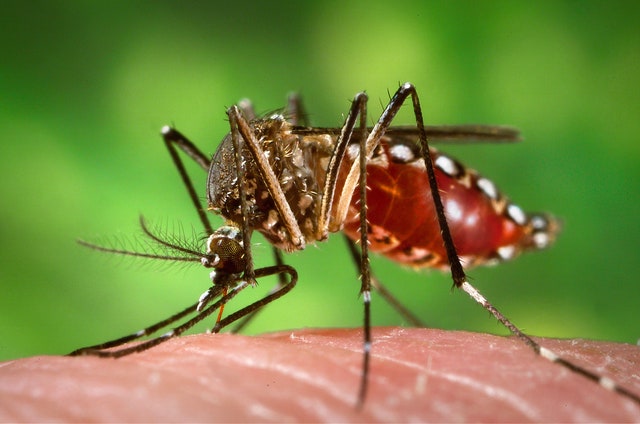MONKEYPOX: History, Outbreak, Causes, Symptoms, Transmission and Treatment
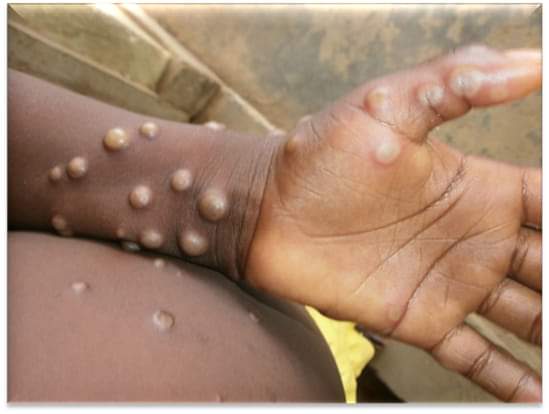
Did you know that since 2017 Nigeria has experienced a large outbreak of monkeypox and that there’s currently no treatment for monkeypox, but it's self limiting?
Monkeypox is a virus that originated in animals in West and Central Africa. While usually confined to animals, as previous outbreaks have shown, it can also jump to humans. Scientists first identified the disease in 1958. There were two outbreaks among monkeys used for research. That’s why the condition is called monkeypox. It is also a zoonotic disease. This means it can be transmitted from animals to humans, and vice versa. It can also be transmitted from one human to another.
There are two forms of monkeypox virus, the West African and the Central African form. According to the World Health Organisation (WHO), all cases whose samples have been confirmed by PCR have been from the West African clade, Infections with the West African clade tend to be less severe than Congo Basin, (Central African) clade, and there is a lower case fatality rate.
Human monkeypox was first identified in humans in 1970 in the Democratic Republic of the Congo in a 9-month-old boy in a region where smallpox had been eliminated in 1968. Since then, most cases have been reported from rural, rainforest regions of the Congo Basin, particularly in the Democratic Republic of the Congo and human cases have increasingly been reported from across central and west Africa. Since 1970, human cases of monkeypox have been reported in 11 African countries: Benin, Cameroon, the Central African Republic, the Democratic Republic of the Congo, Gabon, Cote d’Ivoire, Liberia, Nigeria, the Republic of the Congo, Sierra Leone and South Sudan.
The true burden of monkeypox is not known. For example, in 1996–97, an outbreak was reported in the Democratic Republic of the Congo with a lower case fatality ratio and a higher attack rate than usual. A concurrent outbreak of chickenpox (caused by the varicella virus, which is not an orthopoxvirus) and monkeypox was found, which could explain real or apparent changes in transmission dynamics in this case.
Since 2017, Nigeria has experienced a large outbreak, with over 500 suspected cases and over 200 confirmed cases and a case fatality ratio of approximately 3%. Cases continue to be reported until today. Monkeypox is a disease of global public health importance as it not only affects countries in west and central Africa, but the rest of the world. In 2003, the first monkeypox outbreak outside of Africa was in the United States of America and was linked to contact with infected pet prairie dogs. These pets had been housed with Gambian pouched rats and dormice that had been imported into the country from Ghana. This outbreak led to over 70 cases of monkeypox in the U.S.
Monkeypox has also been reported in travelers from Nigeria to Israel in September 2018, to the United Kingdom in September 2018, December 2019, May 2021 and May 2022, to Singapore in May 2019, and to the United States of America in July and November 2021. In May 2022, multiple cases of monkeypox were identified in several non-endemic countries. Studies are currently underway to further understand the epidemiology, sources of infection, and transmission patterns.
Monkeypox is caused by the monkeypox virus. The virus is part of the orthopoxvirus genus, which includes the virus that causes smallpox. The symptoms of monkeypox are similar to those of smallpox. But monkeypox symptoms are typically milder.
After contract with monkeypox virus, it can take 5 to 21 days for the first symptoms to appear. It takes 7 to 14 days in many cases. The early symptoms include: fever, which is commonly the first symptom; headache, muscle aches, back ache, fatigue, chills, swollen lymph nodes, also known as lymphadenopathy. After the fever develops, a rash usually appears 1 to 3 days later. The rash typically affects the: face, which is the most common site; palms of the hands, soles of the feet, mouth, genitalia, eyes, including the conjunctivae and cornea.
The rash consists of lesions that evolve in the following order: macules, or flat discolored lesions; papules, or slightly raised lesions; vesicles, or bumps with clear fluid; pustules, or bumps with yellowish fluid, and scabs. After the lesions dry and scab over, they fall off. The symptoms of monkeypox generally last 2 to 4 weeks and go away without treatment.
Possible complications of monkeypox include: bronchopneumonia, sepsis, inflammation of brain tissue, also known as encephalitis; infection of the cornea, the clear outer layer of the eye. An infection in the cornea may lead to vision loss. Also, in severe cases, the lesions might form together and cause the skin to fall off in large pieces.
Monkeypox spreads through direct contact with the following substances of animals or humans with the infection: blood, bodily fluids, skin or mucous lesions, respiratory droplets, for human-to-human contact. These substances can enter the body via breathing, mucous membranes, or broken skin. The Centers for Disease Control and Prevention (CDC) says that person-to-person spread is very low. When it does occur, it’s usually through prolonged face-to-face contact and large respiratory droplets. This might happen if you’re within a 6-foot radius with someone who has it for 3 hours or longer.
Transmission can also happen through: bites and scratches from infected animals, eating the meat of an infected animal, and contact with a contaminated item, like bedding. The main disease carrier is unknown. It’s thought that African rodents are involved. According to the CDC, 1 in every 10 casesTrusted Source of monkeypox will result in death. Severe cases are more likely to cause death. Risk factors for severe cases include: being younger, having prolonged exposure to the virus, having poor overall health and developing complications.
There’s currently no treatment for monkeypox. However, monkeypox is self limiting, which means it can get better without treatment. Some medications can be used to control an outbreak and prevent the disease from spreading. They include: vaccinia vaccine (smallpox vaccine), vaccinia immune globulin (VIG) and antiviral medication (in animals). According to the WHO, the smallpox vaccine is approximately 85 percent effective in preventing the development of monkeypox. If you received the smallpox vaccine as a child and contract the monkeypox virus, your symptoms may be mild. In 2019, a vaccine was approved to prevent both smallpox and monkeypox. But it’s still not widely available to the public.
Sources: FactSheets | Health Line
#penglobalhealth #monkeypox
